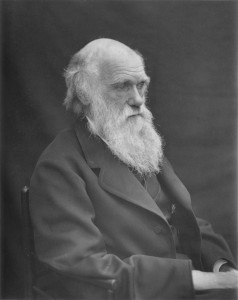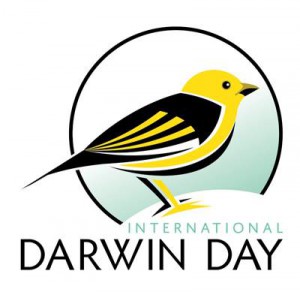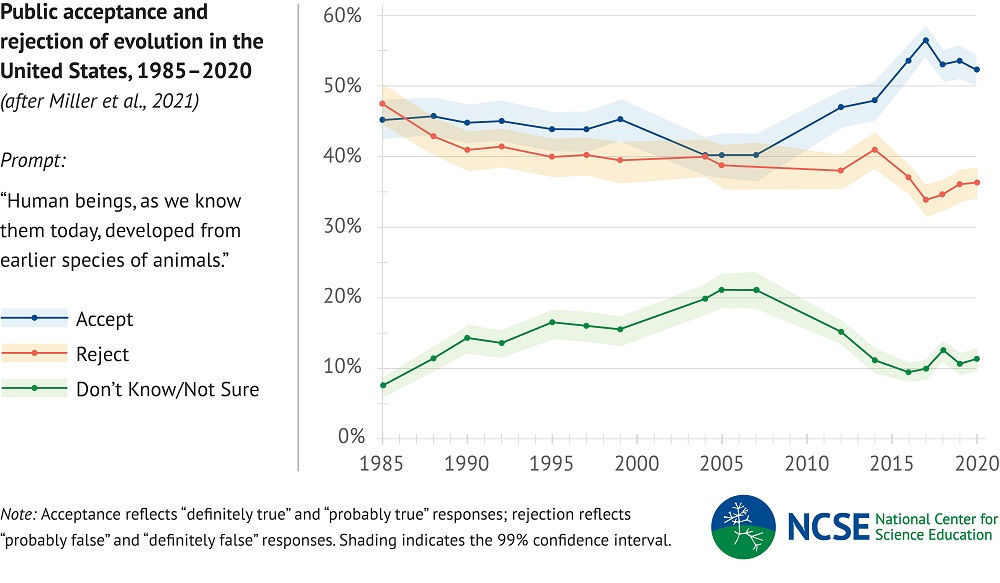The Next Evolution of the Darwin Day Website

Despite the white beard, Charles Darwin isn’t Santa Claus—but like Christmas, Darwin Day comes once a year, and when it comes it brings good cheer. That’s because every year, on Darwin’s birthday, February 12, people regularly gather—in person or virtually—to commemorate the life and work of the British naturalist, celebrate the achievements of science, and express their support for science education. And the de facto central registry of Darwin Day events, serving their organizers and their participants alike, is the Darwin Day website, darwinday.org.
For years, the website was operated by the American Humanist Association (AHA), but now the National Center for Science Education (NCSE) is assuming responsibility for it. “While AHA is proud of its work in facilitating and encouraging Darwin Day events across the country, and indeed around the world, we decided that maintaining darwinday.org would be a better fit for a sponsor that focuses on defending and promoting evolution education,” AHA’s Education Director Kirstin Wintermute explained, adding, “And no organization is better at that than the National Center for Science Education!”
“Darwin Day is a rare opportunity,” commented NCSE’s executive director Ann Reid. “It’s not every day that communities have a chance to gather in celebration of the achievements of science and to express their support for science education. We can’t thank the American Humanist Association enough for its work in supporting Darwin Day events through darwinday.org. And we’re proud to be carrying the tradition forward.” The transfer took place in January 2022, and NCSE’s logo (in a special forty-year anniversary version) now appears discreetly in the footer of every page of the website.
 The celebrations of Darwin Day have been inspiringly diverse. Past events have included not only lectures but also screenings of documentaries, science fairs, musical recitals, trivia contests, nature walks, and even birthday cake competitions. They’ve taken place in venues from colleges and universities through schools, libraries, museums, and churches to the great outdoors. And (as the AHA’s Kirstin Wintermute noted) they’ve been held all over the world, from Perth in Australia to Dnepropetrovsk in Ukraine, and practically everywhere in between.
The celebrations of Darwin Day have been inspiringly diverse. Past events have included not only lectures but also screenings of documentaries, science fairs, musical recitals, trivia contests, nature walks, and even birthday cake competitions. They’ve taken place in venues from colleges and universities through schools, libraries, museums, and churches to the great outdoors. And (as the AHA’s Kirstin Wintermute noted) they’ve been held all over the world, from Perth in Australia to Dnepropetrovsk in Ukraine, and practically everywhere in between.
NCSE and AHA have a history of fruitful cooperation in supporting evolution education. AHA consistently opposed attempts to compromise the teaching of evolution in the public schools, adopting resolutions affirming evolution as a principle in science in 1977 and supporting the inclusion of evolution in textbooks in 1998. NCSE’s first executive director Eugenie C. Scott was awarded the AHA’s Lifetime Achievement Award in 2014, and NCSE’s deputy director Glenn Branch spoke on “Twists and Turns in Teaching Evolution” for the AHA’s annual conference in 2021.
With regard to Darwin Day in particular, the cooperation was even closer in 2020, when NCSE and AHA (together with a number of additional organizations) conducted a collaborative social media campaign to publicize Darwin Day, using the hashtag #whyteachevolution. By featuring the testimony of scientists, educators, and authors—all answering the question “Why teach evolution?”—the campaign offered a reminder of the critical importance of including evolution in science education, as described in the March/April 2020 issue of The Humanist.

Encouragingly, there are signs that the public acceptance of evolution in the United States is on the upswing. A recent study by Jon D. Miller and his colleagues, described in a recent article in Reports of the National Center for Science Education, found that the level of public acceptance of evolution in the United States is now solidly above the halfway mark, after twenty-five years in which evolution and creationism were in a statistical dead heat. That’s a further reason to celebrate Darwin Day, and maybe—just maybe—to indulge in a heftier slice of birthday cake.
